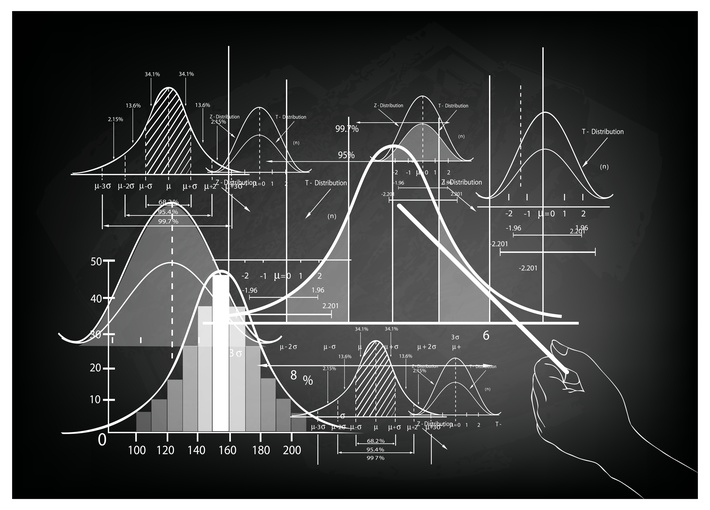Bayesian Statistics: From Concept to Data Analysis

The Bayesian approach to statistics is introduced in this course, which begins with the concept of probability and progresses to data analysis. You'll learn about the Bayesian approach's philosophy as well as how to apply it to various types of data. You'll see how the Bayesian approach compares to the more commonly taught Frequentist approach, as well as some of the advantages of the Bayesian approach.
The Bayesian approach, in particular, allows for more explicit statements of assumptions, better accounting of uncertainty, and results that are more intuitive and interpretable. To create an active learning environment, this course incorporates lecture videos, computer demonstrations, readings, exercises, and discussion boards. You can use either Microsoft Excel or the open-source, freely available statistical package R for computing, with both options providing equivalent content.
The lectures cover some of the fundamental mathematical concepts as well as philosophical and interpretive explanations. This course will provide you with an understanding of the Bayesian approach's concepts, as well as the key differences between Bayesian and Frequentist approaches, as well as the ability to perform basic data analyses.
This course offers:
- Flexible deadlines: Reset deadlines based on your availability.
- Shareable certificate: Get a Certificate when you complete
- 100% online
- Course 1 of 5 in the Bayesian Statistics Specialization
- Intermediate level
- Approx. 12 hours to complete
- Subtitles: Arabic, French, Portuguese (European), Italian, Vietnamese, German, Russian, English, Spanish
Course ratings: 4.6/5
Enroll here: https://www.coursera.org/learn/bayesian-statistics








